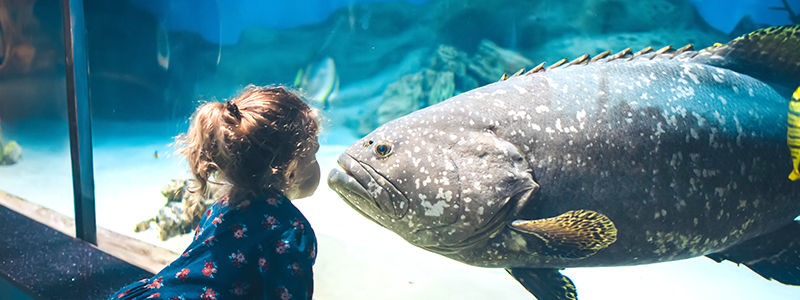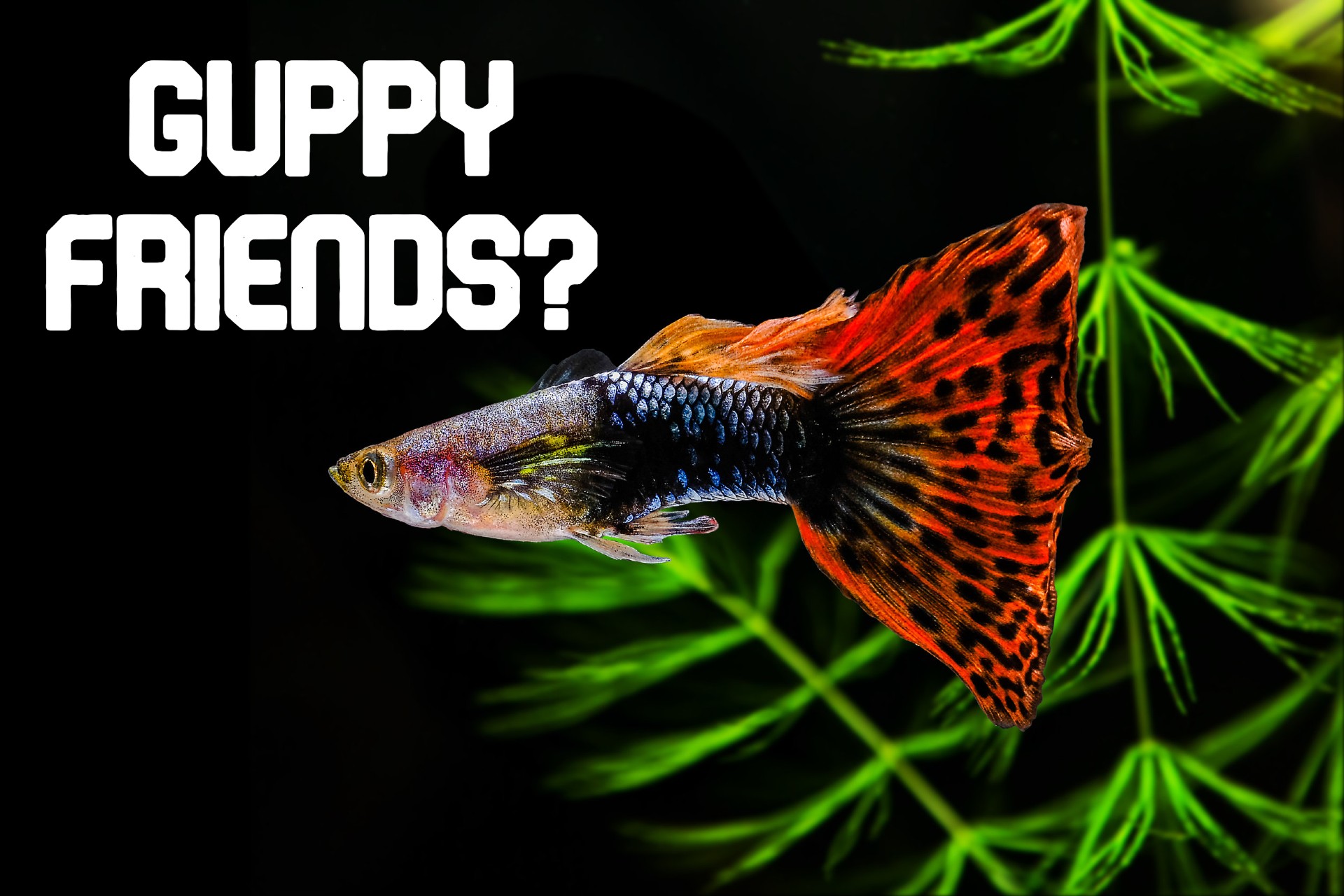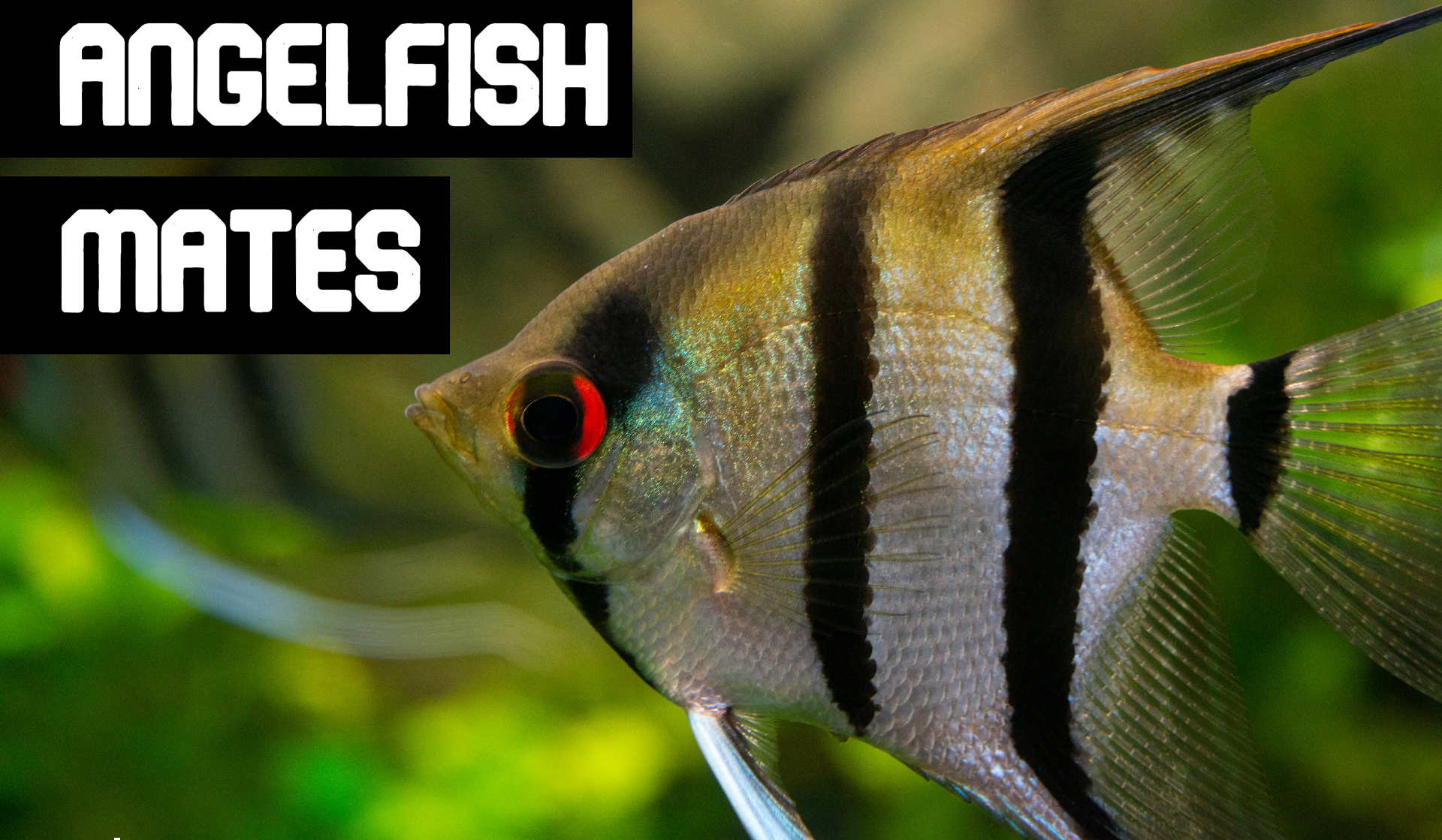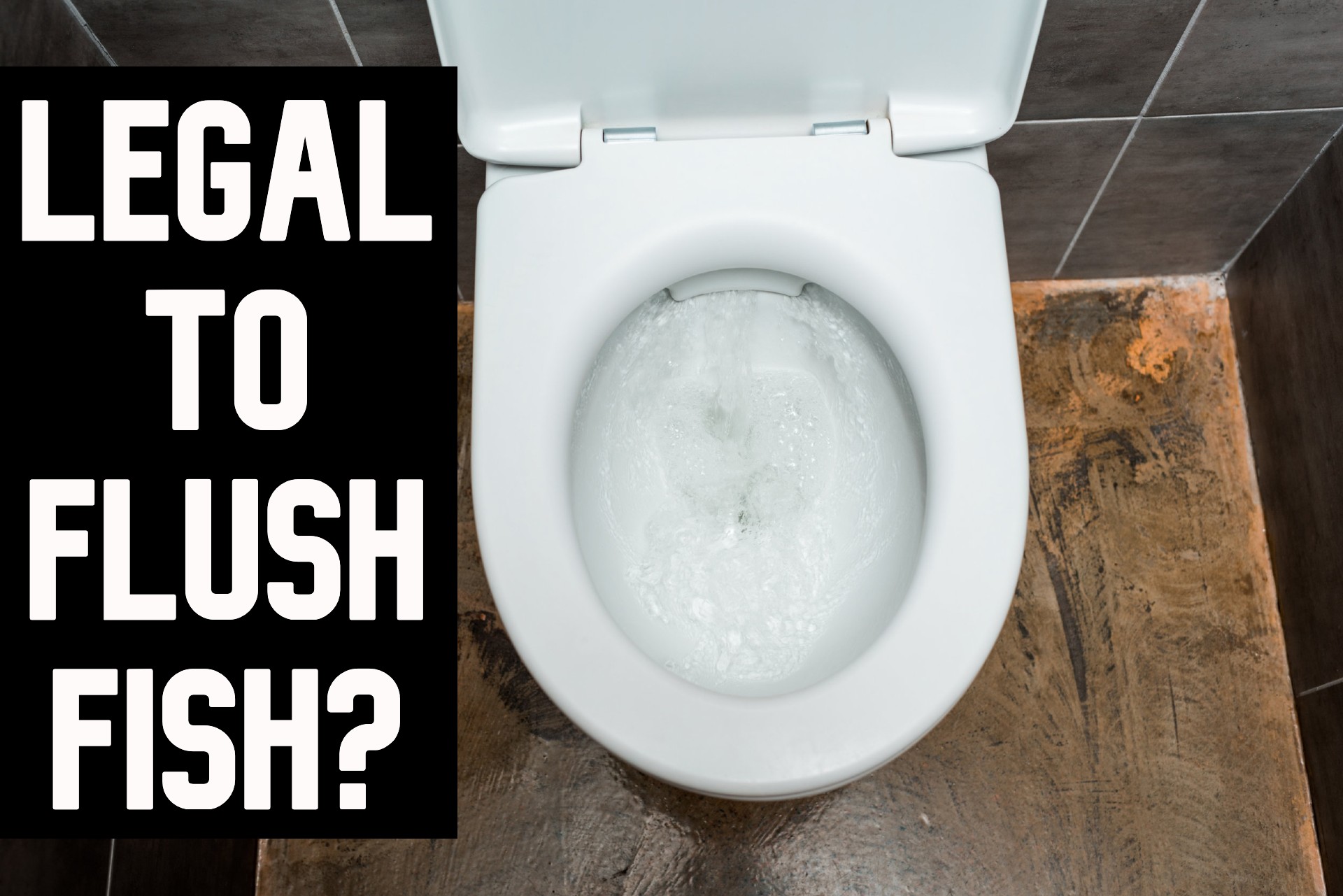If you’ve ever gotten a young fish, you’ve probably wondered how long it will take to grow into its big, beautiful adult form and size. You also probably wondered if there’s anything you can do to help it grow up more quickly.
What factors will cause a fish to grow faster? All of the same factors that keep your fish healthy–regular water changes, enough food, an appropriately-sized tank, and appropriate decorations/plants. There’s no “special formula” to speed up a fish’s growth, but there are plenty of things that can slow down its growth. Maybe a better question is, “Why would you want to rush your fish’s growth?”
For fish to grow at their normal, healthy rate, several things need to happen, including:
- Regular water changes
- Appropriate feedings
- The right-sized tank for your fish
- Appropriate decorations/plants
- Water temperature
I take a look at these factors that will help your fish grow at its optimal rate, and also examine what can actually slow down or stunt your fish’s growth.
What Affects a Fish’s Growth Rate?
Several things will affect your fish’s growth rate, including what kind of fish it is. Some species of fish just grow faster than others, and it doesn’t mean there’s anything wrong with that fish, or any of the other fish in the tank.
Keep in mind, however, that each fish species has a maximum size, and no matter what you do, you’re not going to produce a four-inch guppy if their max size is two inches.
So, what can you do to help your fish grow at its fastest rate?

1. Regular Water Changes
Did you know that many fish species produce a hormone to inhibit the growth of their competitors? This is designed to make sure that they’re the biggest fish in the pond, and everyone around them stays smaller than they do.
That way, the big fish is typically guaranteed more food, is more attractive to potential mates and doesn’t normally get challenged by the other fish.
In nature, some of these hormones could get washed downstream, diluted by rain, or taken away by the current, but in your tank, they have nowhere else to go.
Doing regular water changes (just like you should already be doing to maintain good water quality!) removes some of these hormones and will help everyone in your tank reach their full-size potential.
Regular water changes also help ensure good water quality, which is something your fish need to stay healthy and keep growing.
2. Appropriate Feedings
While it may be tempting to feed your fish more food to make them get bigger faster, all this does is add more waste to your tank’s water, since any uneaten food will break down into ammonia and could cause your water quality to drop if you don’t have enough good bacteria and filtration in place to take care of it.
To get your fish to grow at its ideal rate, feed your fish high-quality foods that fit its special dietary needs.
For instance, some fish are herbivores, and need plant-based foods, like algae wafers or cooked vegetables. If they get hungry enough, they’ll probably still eat regular flake food, but they won’t be getting all the nutrients they need for optimal growth.
The same is true for carnivorous fish who don’t get enough meat in their diets. Don’t worry, you don’t need to throw a steak in their tanks, but do add things like bloodworms, dried shrimp, beef heart, etc., to make sure they’re getting all the nutrients they need to grow.
Some fish are more aggressive eaters than others, too, and may get the lion’s share of any food you put in the tank. In that case, you might notice those fish growing faster than the rest of the fish in the aquarium.
You also need to watch out for going too far the other way and not feeding your fish enough! Malnourished fish won’t grow at their ideal rate, either.
3. The Right-Sized Tank For Your Fish
There’s a common misconception tied to this one that I’ll address further down, but let me say here that you need to get a tank large enough for all of the fish you want to keep.
For one thing, too many fish in one tank can actually stunt fish growth. That means that they won’t grow to their full size.
There are a couple of reasons for this.
If everyone’s crowded into a too-small tank, you’re not only upping the pollution in your tank from fish waste and leftover food, but you’re also stressing out your fish.
Stressed-out fish don’t grow at their optimal rate, and you’re likely to get fish with stunted growth, or fish that end up growing more slowly than they normally would if their tank conditions were better.
Poor water quality also leads to sick fish, and sick fish don’t grow as fast as they normally would if they were healthy.
In addition, there might not be enough room for the fish to swim around, and just like people, they need to work out those muscles! If they don’t get enough exercise, they can lose muscle mass and won’t be as big as their less-crowded counterparts.
4. Appropriate Decorations/Plants
Another way to stress out your fish is to give them no place to hide. Many fish are either territorial or shy and need someplace safe in the tank to call their own. This way, when things start to feel stressful, they can go to their safe place and relax.
If there’s no safe place for them in the tank, they’ll be stressed and won’t grow at their ideal rate. This is because cortisol, a stress hormone, has been shown to stunt growth in fish.
In addition, some fish prefer planted tanks, while others like lots of caves and tunnels to hide in. Without the right decorations for the type of fish you have, you’ll only be causing your fish stress and slowing down their growth.
5. Water Temperature
Believe it or not, keeping temperatures on the higher side of what your fish can safely tolerate will help them grow faster, but there’s some debate about whether it will shorten their lifespans or not.
I don’t necessarily recommend doing this, since you don’t want to accidentally make things too hot for your fish.

What’s the Harm in Speeding Up a Fish’s Growth?
Fish can have their growth sped up unnaturally, and many well-meaning fish owners try various methods to get their fish big as quickly as possible.
My suggestion is to just do what’s good for the fish anyway since all those things will help them to grow at their ideal rate.
Trying to speed up a fish’s growth rate beyond what’s normal for that fish may end up doing more harm than good.
Several studies show that accelerating a fish’s growth can have negative side effects, including:
- Reducing how long the fish lives
- Preventing the fish from developing its full colors
- Producing deformed adults
Although it’s really easy as a fishkeeper to get caught up in wanting our fish to mature as fast as possible, trying to force that growth too quickly just isn’t worth it.
There’s always the option of buying the adult fish instead of going for the baby or juvenile fish if you really want to see the fish in its adult form right away. Most local fish stores charge the same price for adults as they do for juveniles.
A Common Fish Growth Myth
One of the most common myths about fish is that they’ll automatically grow to fit the size of the tank they’re living in.
I touched on this a little bit earlier, but you’ve probably heard (or told someone yourself) that a fish will grow to fit the size of its tank.
This simply isn’t true.
As noted earlier, keeping too many fish in a small tank, or keeping a fish in a tank that’s too small for it, can stunt the fish’s growth. When it’s transferred to a larger tank, the fish may finally finish growing to its ideal size, which is often confused for growing to fit the new tank.
But a fish will only grow to its max size, and not keep on growing if you keep on transferring it to larger and larger tanks. Again, that maximum size 2-inch guppy isn’t going to grow into a four-inch monster by getting moved to a larger tank.
In Summary: What Makes a Fish Grow Faster?
There are several ways to help your fish grow at its ideal rate, and most of them just happen to be all things your fish need to be healthy and happy anyway, like:
- Regular water changes
- Appropriate food
- The right-sized aquarium
- Appropriate decorations/plants
- Water temperature
I don’t recommend raising the water temperature, as this can accidentally harm your fish.
There are also ways to stunt your fish’s growth, and they almost all revolve around the fish’s stress levels. Do what you can to make your fish comfortable, including providing shy or territorial fish with hiding places or territories, and keeping them in the appropriate size tank for the number and type of fish you have.




